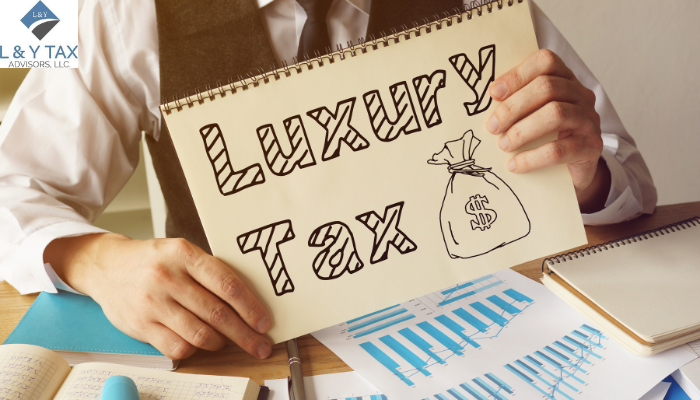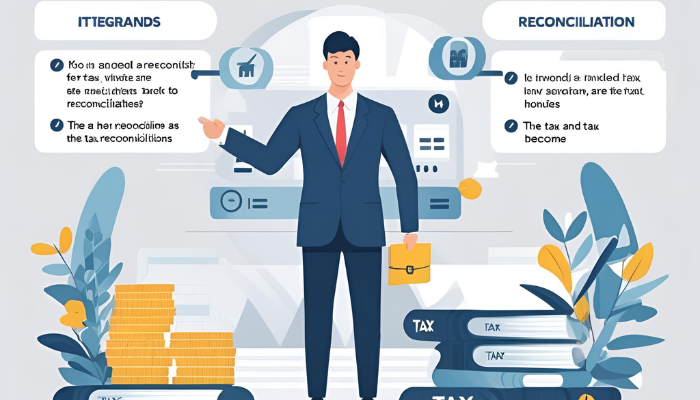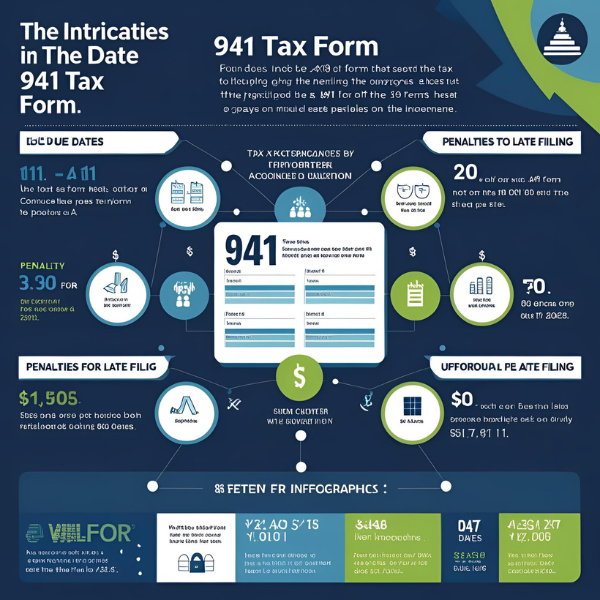
What is the Luxury Tax in the US?
Do you know what is the luxury tax in the US?
Luxury tax is an amount placed on expensive, non-essential products and services purchased mainly by wealthy people. This tax is intended to increase government income by levying taxes on luxury goods, such as:
- Jewelry
- Private jets
- Yachts
- Pricey vehicles
The luxury tax aims to target society’s wealthiest elements, although the form and rates differ from state to state.
How Does the Luxury Tax Work?
Luxury taxes are levied on goods deemed unneeded or excessive for everyday use. These taxes are:
- Either computed as a percentage of the purchase price, or
- On the amount that is above a certain threshold.
For instance, if the price of a premium automobile exceeds $50,000, luxury tax can be applied to the excess.
Customers must be aware of local legislation because the tax rate and threshold vary by state.
Read: What is a VAT number in the US?
Which Goods are Affected by the Luxury Tax?
In the United States, the luxury tax often targets:
Luxury Cars
Luxury automobiles comprise expensive vehicles, such as sports cars and high-end SUVs.
Private Jets and Yachts
Owners of private jets and yachts are frequently subject to a luxury tax related to their ownership.
Watches and Jewelry
Branded wrist watches and jewelry accessories are considered a symbol of status. These are highly costly items.
Fine Art and Collectibles
In certain situations, rare collectibles and expensive artwork are also subject to taxes.
Reach out to our tax consultancy services now!
Why Does the US Impose Luxury Taxes?
The primary purpose of luxury taxes is to collect money from the wealthiest citizens. Doing so lessens the need to increase taxes on the general populace.
Luxury tax can also be used to pay for public services, like:
- Healthcare
- Education
- Redistribute wealth
- Promote social fairness
Luxury taxes are another tool governments use to deter excessive consumption, especially of things that affect the environment, such as cars with high emissions.
Read: Do strippers pay taxes?
Challenges and Opposition
Luxury tax opponents contend that the levy may harm businesses like luxury automakers and boat builders that depend on affluent customers.
The projected tax collection will decrease if wealthy customers try to evade these taxes by buying items in countries with lower tax rates.
Furthermore, imposing luxury taxes can be difficult, leading to administrative hassles and judicial conflicts.
Learn about property taxes on new construction.
Who Pays Luxury Tax in the US?
Customers who buy luxury items or services in the US that cost more than a certain threshold usually have to pay a luxury tax. Obviously, ‘luxury’ goods are typically deemed excessive or non-essential. Therefore, the purpose of the luxury tax is to target wealthy people who can afford these kinds of products.
Manufacturers or sellers may occasionally be in charge of gathering and sending the tax to the government. However, the consumer often bears the full expense. States and product categories may have different luxury tax laws.
How Much is Luxury Tax in the US?
In the US, the kind of goods and certain federal or state laws determine how much the luxury tax is. The luxury tax is not widely enforced at the federal level. However, it may have an impact on certain goods like yachts.
For instance, premium cars that cost more than a specific amount may be subject to a 10% federal tax. Certain states, like Connecticut or New York, levy extra luxury taxes on pricey apparel, jewelry, and luxury vehicles.
For qualified luxury products, the tax rate varies but often falls between 2% and 10% on top of the standard sales tax.
The Bottom Line
Comprehending what is the luxury tax in the US is a tool for raising money and a means of promoting social equity. Governments seek to redistribute income and curb excessive spending by wealthy individuals by imposing taxes on high-value, non-essential products. However, the argument concerning its influence on industry and economic efficiency is still strong. Contact L&Y Tax Advisor for further assistance in this regard.


